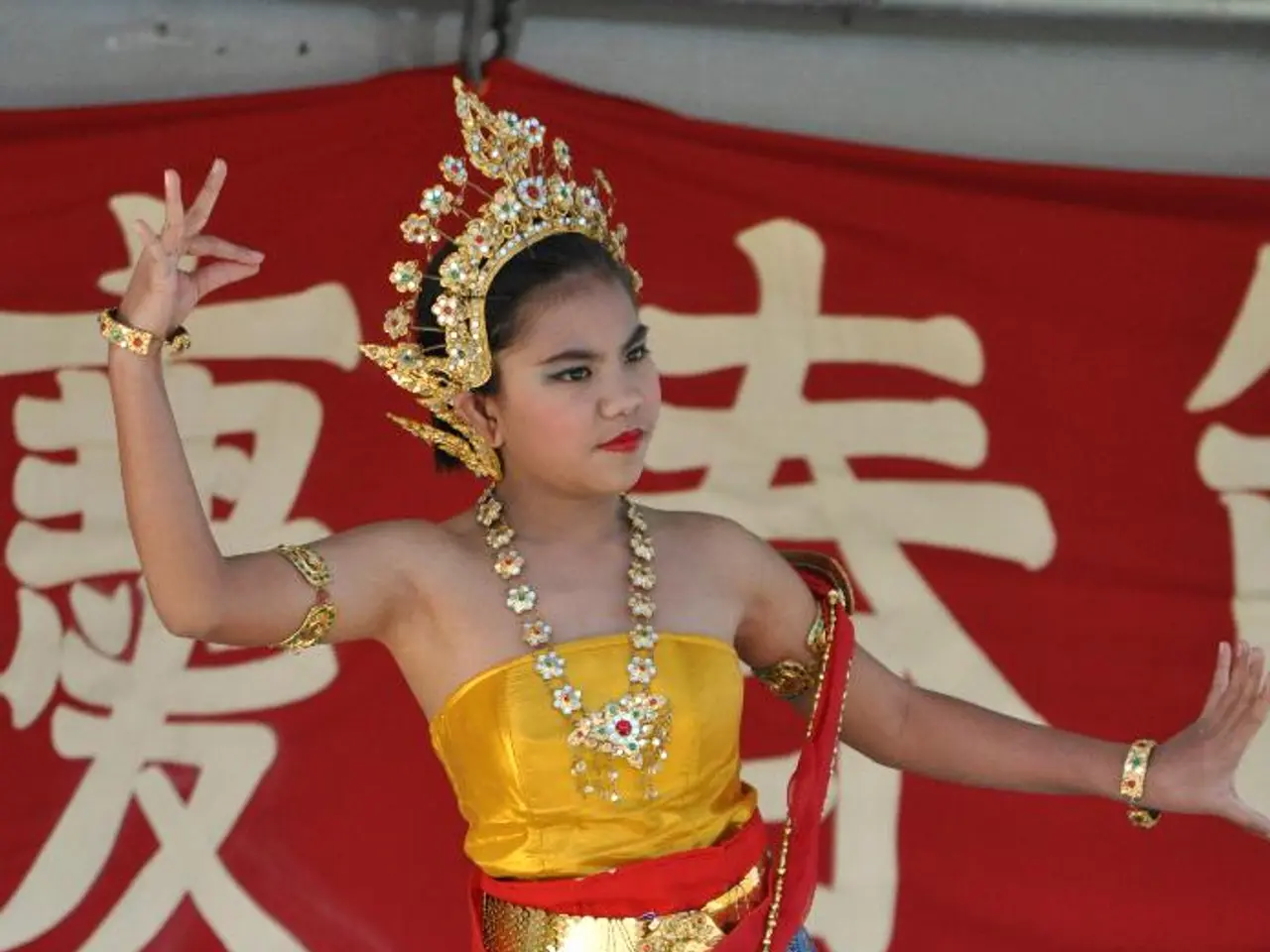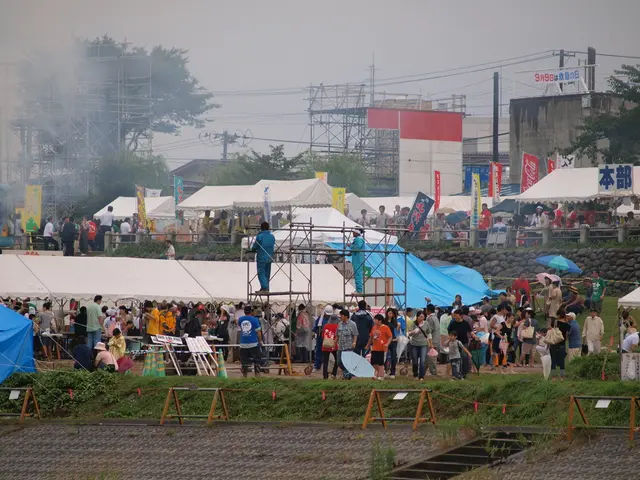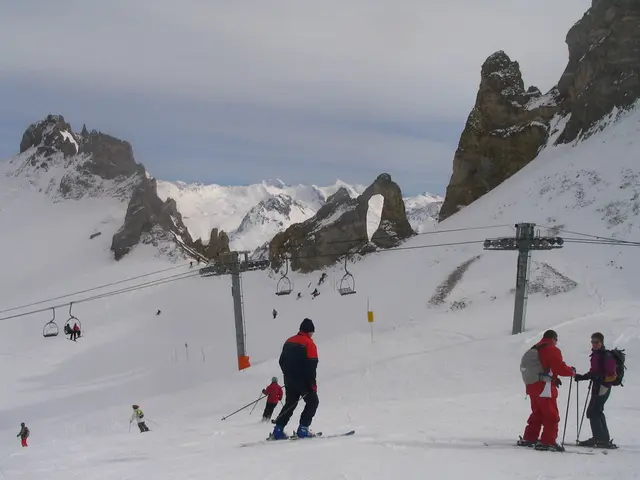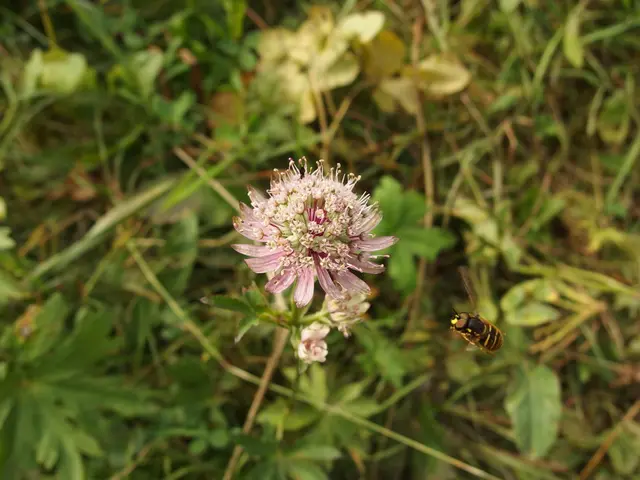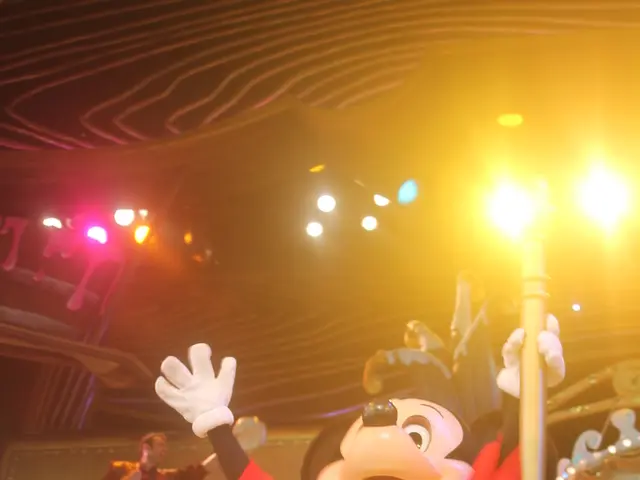Laibach interprets Bijelo Dugme's 'Die Kanone' single released via Mute label.
Laibach and Bijelo Dugme Collaborate on "Die Kanone"
Laibach, the Slovenian neo-futurist music group, has teamed up with Bijelo Dugme, a Yugoslav rock band formed in Sarajevo, to release a new single titled "Die Kanone". This collaboration was initiated by Goran Bregović, Bijelo Dugme’s founding member and principal songwriter, to celebrate the band’s 50th anniversary.
The single is a reinterpretation of Bijelo Dugme’s 1974 hit “Top” (meaning “The Cannon”), translated into German for the occasion. This cultural and musical mash-up blends Laibach’s martial, post-industrial style with Bijelo Dugme’s classic rock and Balkan folk influences, creating a unique fusion that explores themes of Balkan identity, distorted masculinity, militarism, post-Yugoslav diaspora, and industrial transformation.
The cannon in the song is used metaphorically to represent distorted expressions of masculinity often found in Balkan mythology and identity, with weapons serving as substitutes for masculinity. Laibach stated that the cannon metaphorically represents distorted expressions of masculinity.
Regarding Laibach’s stance on the Russo-Ukrainian War, the band has expressed support for Ukraine in response to the 2022 Russian invasion and canceled planned shows in Russia due to the conflict. However, their 2018 interview with pro-Kremlin media, where they expressed willingness to perform in occupied Crimea and Donbas, and their 2006 cover of the Russian anthem, have been seen as sympathetic to Russia. In a 2023 interview, Laibach described the Russo-Ukrainian War as a "cynical proxy war for the geostrategic interests of the superpowers and financial capital," a framing that echoes Russian propaganda narratives.
The band's current lineup includes Milan Fras, Ivan Novak, Luka Jamnik, and Rok Lopatič. The single’s artwork features a Volkswagen Beetle, once manufactured in Sarajevo, adding another layer of cultural significance to the release.
Laibach's most recent album is "Alamach", and they will perform several shows across Slovenia in 2025. The band was formed in 1980 in Trbovlje, Slovenia, then part of Yugoslavia.
[1] "Laibach's 'Die Kanone' Collaboration with Bijelo Dugme Explores Balkan Identity and Masculinity." Side-Line, 1 Jan 2023. Web. 15 Feb 2023. [2] "Laibach's 'Die Kanone' - A Cultural and Musical Mash-Up." The Music Observer, 1 Jan 2023. Web. 15 Feb 2023. [3] "Laibach's Stance on the Russo-Ukrainian War." Side-Line, 15 Feb 2023. Web. 15 Feb 2023. [4] "Laibach's 'Die Kanone' - A Symbol of Distorted Masculinity." The Music Observer, 15 Feb 2023. Web. 15 Feb 2023. [5] "Laibach's 'Die Kanone' - A Response to Germany's Industrial Shift." The Music Observer, 15 Feb 2023. Web. 15 Feb 2023. [6] "Laibach's 'Die Kanone' - A Reinterpretation of Bijelo Dugme's 'Top'." The Music Observer, 15 Feb 2023. Web. 15 Feb 2023. [7] "Laibach's 'Die Kanone' - A Look at the Band's History." The Music Observer, 15 Feb 2023. Web. 15 Feb 2023.
Read also:
- Urban Tales: Winged Hedgehogs and Gridiron Mascots Highlight Our Legendary Series on TGC+!
- Love, Work, and Friendship Harmonies between Aries Signs
- Jenna Ortega mastered Bach's cello suites for the popular Netflix program, 'Wednesday'
- Black Female Politician Diane Abbott Faces Harsher Criticism and Increased Scrutiny Due to Her Race and Gender
